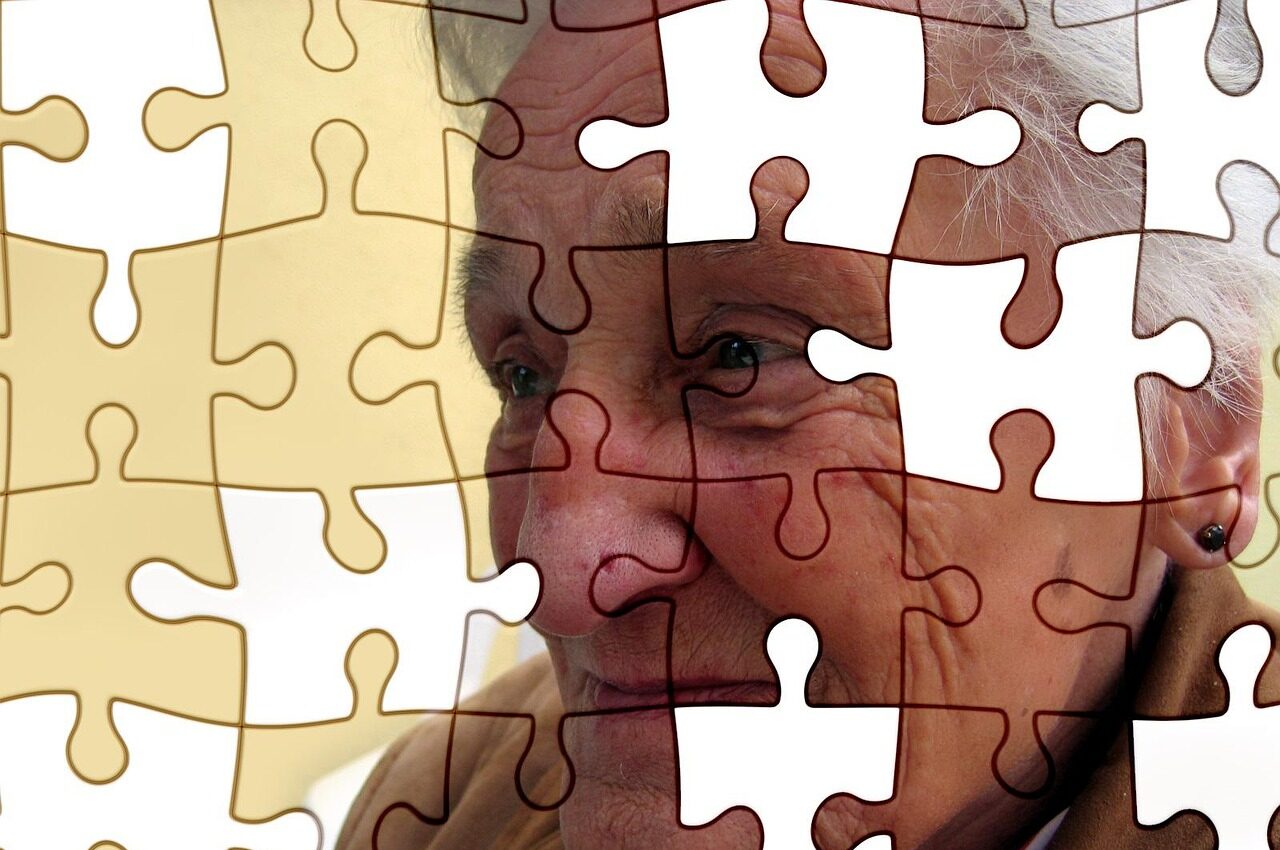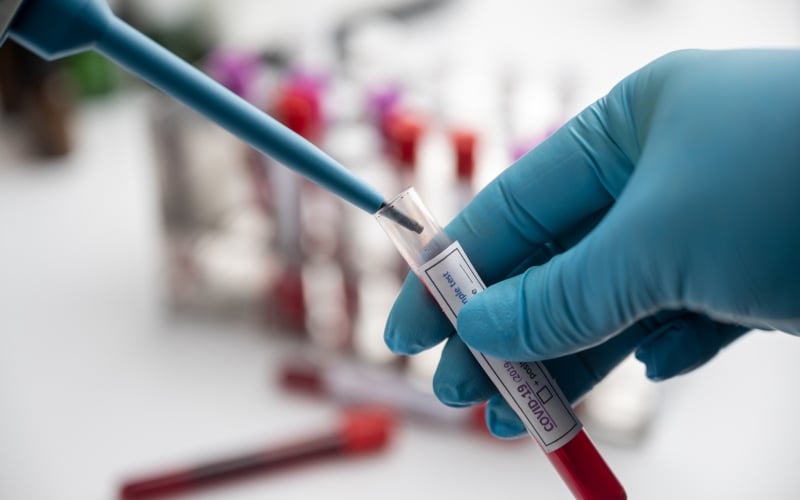For many people, alcohol is used to help them de-stress and unwind, with 56% of Brits citing that relaxation is the most common reason for consuming alcohol.
As we approach Christmas, Martin Preston founder and Chief Executive at Private Rehab Clinic Delamere has issued a warning on Brits that overindulging in alcohol this Christmas can not only affect their physical health but their mental well-being.
Despite the feelings of relaxation, one might feel after consuming alcohol, regular and excessive usage can impact the mental health of an individual. The team have shared insight into how abusing alcohol can cause negative thoughts and emotions.
How does alcohol affect your mental wellbeing?
“Alcohol is often used for relaxation, as it can help people to feel more comfortable, confident, and less anxious during social situations. Alcohol changes the chemistry in the brain, blocking the signals between the neurotransmitters and depressing the part of our brain that gives us inhibitions. This is what causes the relaxed feeling of intoxication.
“However, regular and excessive alcohol consumption, also commonly referred to as ‘binge drinking’ can cause people to experience more negative emotions and can have detrimental effects on overall mental wellbeing.
“Depression and anxiety can be linked to excessive alcohol use, and can often affect one another. People who experience depressive low moods or feelings of anxiety may turn to alcohol to temporarily alleviate their symptoms; however, this is temporary and may leave the person’s mental wellbeing in a worse state than it was previously.
“If you have been previously prescribed medication for depression or anxiety, it is vital to discuss with a medical professional whether the specific medication is safe to drink alcohol with. Using alcohol as a coping mechanism for preexisting mental health problems can lead to increased consumption of alcohol and eventually may result in alcohol dependency.
“In turn, people who did not previously suffer from depression or anxiety may find that excessive alcohol consumption is in fact causing these negative feelings, particularly the day after drinking due to the changes that alcohol has made to the chemistry in the brain.
“Alcohol is a depressant, meaning that it causes a reduction in the amount of Serotonin, the chemical that makes us feel happy. This can cause feelings of sadness or anger in some cases when people are intoxicated.
“Long-term excessive alcohol consumption can also lead to other problems with cognitive impairment including concentration, memory, and can also lead to sleep disturbances, as well as general negative emotions.
“If you find that alcohol is having a negative impact on your mental wellbeing and you are experiencing one of the symptoms listed above, reducing your alcohol intake may help to relieve this. It is important to follow the guidance outlined by the Chief Medical Officer, which states that you should not exceed over 14 units of alcohol per week
“If you do consume 14 units per week, spread this out over several days, ensuring that you leave days in between to be alcohol-free. By reducing alcohol intake and spreading consumption throughout the week rather than drinking to excess, this may see a positive impact on day-day-day mental wellbeing.”
How can you stop drinking alcohol safely?
If you have found that your alcohol consumption has increased and you would like to reduce intake, it’s important to seek tailored advice from a medical professional. The team at Delamere have provided five tips for someone who is trying to cut back on heavy drinking.
1. Reduce consumption day by day
It’s important to reduce alcohol consumption safely. It is safer to gradually detoxify from alcohol rather than quit all at once because withdrawals have the potential to be fatal.
Try limiting yourself to drinking no more alcohol than required when weaning off. Drink enough to limit your withdrawal symptoms and gradually start to reduce consumption per day.
2. Increase the amount of time per drink
Try extending the period of time between your next drink. To reduce the amount of alcohol you consume daily in a safer and more bearable way, set a specific time period to have before starting your next drink.
Some people find it easier to drink soft drinks or water in between. This gives you something to do while you wait for your next drink and hydrates you.
When cutting down consumption slowly, you will find it easier to stop drinking completely when you are ready. You can gradually increase the time limit in between each drinking period.
3. Keep a drinking diary
Keep track of every time you consume an alcoholic drink. Record how often you drink each day, how much alcohol you consume and where you were when you consumed it. From this, you can visualise and monitor how much alcohol you are consuming each day, week and month.
Compare this to your end goal. If you’re having trouble reaching your target, seek support from a professional and try to change your habits and ways of reducing consumption.
4. Keep the mind and body busy
Try changing your social habits, through taking up a new hobby or project to work on, or visiting friends and family in an environment that doesn’t involve drinking. Walking, painting, physical exercise, and even going to the cinema or out for an alcohol-free meal are all great alternatives to drinking.
5. Ask for support
Cutting down your alcohol consumption is not always easy. Seek advice from your friends, family and medical professionals. Addiction specialists can provide a tailored treatment plan to support you on your journey to sobriety.
—
A version of this post was previously published on delamere.com.
***
You Might Also Like These From The Good Men Project
 Compliments Men Want to Hear More Often
Compliments Men Want to Hear More Often  Relationships Aren’t Easy, But They’re Worth It
Relationships Aren’t Easy, But They’re Worth It  The One Thing Men Want More Than Sex
The One Thing Men Want More Than Sex  ..A Man’s Kiss Tells You Everything
..A Man’s Kiss Tells You Everything Join The Good Men Project as a Premium Member today.
All Premium Members get to view The Good Men Project with NO ADS.
A $50 annual membership gives you an all access pass. You can be a part of every call, group, class and community.
A $25 annual membership gives you access to one class, one Social Interest group and our online communities.
A $12 annual membership gives you access to our Friday calls with the publisher, our online community.
Register New Account
Log in if you wish to renew an existing subscription.
Username
First Name
Last Name
Password
Password Again
Choose your subscription level
- Yearly - $50.00 - 1 Year
- Monthly - $6.99 - 1 Month
Credit / Debit Card PayPal Choose Your Payment Method
Auto Renew
Subscribe to The Good Men Project Daily Newsletter By completing this registration form, you are also agreeing to our Terms of Service which can be found here.Need more info? A complete list of benefits is here.
—
Photo credit: iStock
The post Expert Warns Binge Drinking Could Be Impacting Your Mental Health This Christmas appeared first on The Good Men Project.
Original Article










